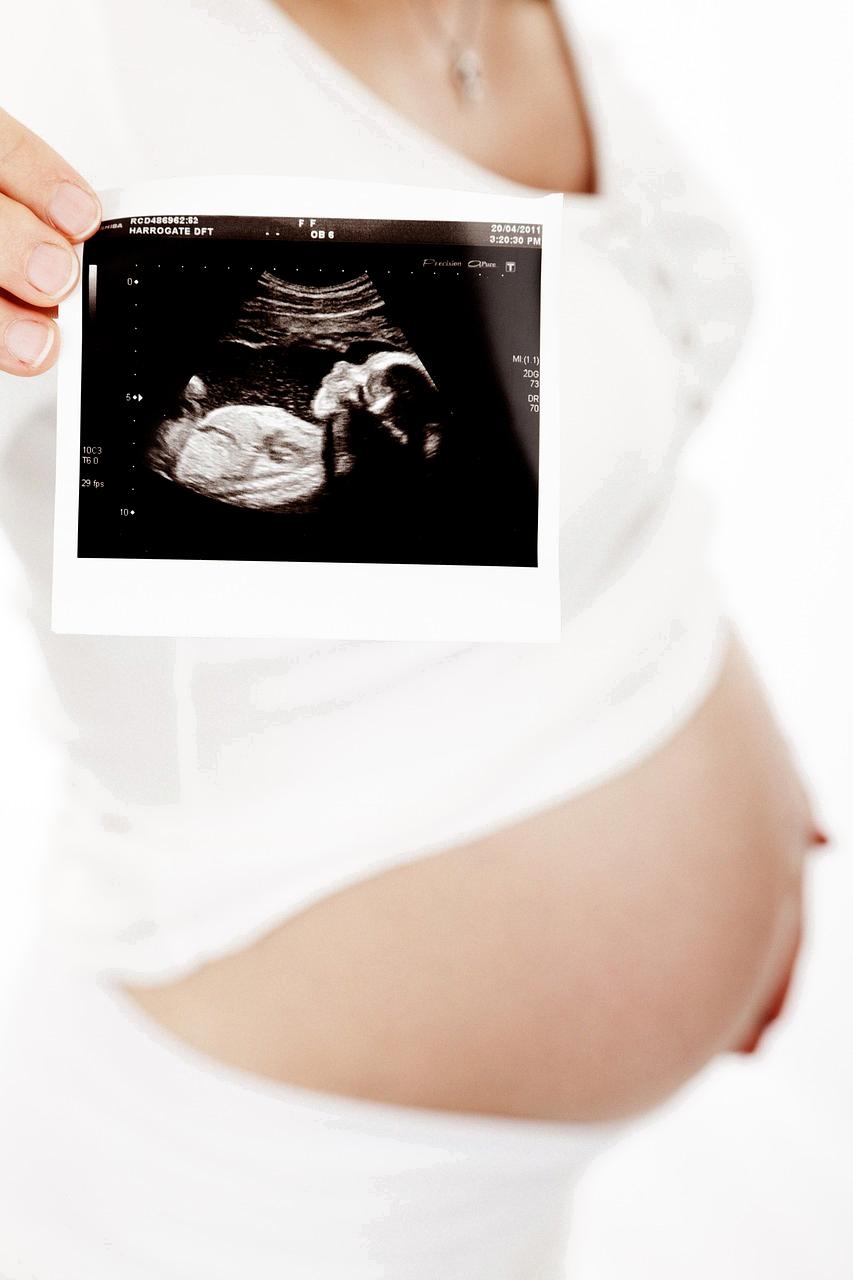When it comes to testing for pregnancy without a tester, there are various methods that people have tried over the years. One interesting method involves mixing urine with shampoo to observe a reaction. It’s important to note that this method is not a scientifically proven way to determine pregnancy and should not be considered a substitute for a pregnancy test.
Before attempting any DIY methods to test for pregnancy, it’s crucial to understand the limitations and risks associated with such methods. The accuracy of at-home pregnancy tests is much higher compared to alternative methods like mixing urine with shampoo. It’s always recommended to consult a healthcare professional for accurate and reliable pregnancy testing.
For those curious about the urine and shampoo method, the process involves combining 2 drops of urine with 2 drops of shampoo in a clean bowl. It’s advised not to shake the mixture to prevent frothing. The theory behind this method suggests that if the shampoo reacts by bubbling or frothing, it could indicate pregnancy.
However, it’s important to approach such DIY tests with caution and skepticism. While some individuals may claim success with unconventional methods, the reliability and accuracy of these approaches are not supported by scientific evidence. It’s always best to rely on approved pregnancy tests and medical guidance for confirming pregnancy.
When considering alternative methods for testing pregnancy, it’s essential to prioritize safety and accuracy. DIY tests like the urine and shampoo mixture may provide entertainment or curiosity, but they should not be used as a definitive means of confirming pregnancy. It’s crucial to seek professional medical advice for appropriate pregnancy testing.
It’s also worth emphasizing that pregnancy is a significant life event that requires proper medical care and attention. While experimenting with homemade pregnancy tests may seem intriguing, it’s essential to prioritize the health and well-being of both the individual and potential fetus. Seeking guidance from healthcare professionals is strongly advised.
Understanding the reliability and validity of pregnancy testing methods is key to making informed decisions. While creativity and curiosity are encouraged in various aspects of life, when it comes to matters as critical as pregnancy, it’s vital to rely on established medical practices and expertise. DIY tests should not substitute professional healthcare advice.
Individuals who suspect they may be pregnant and are considering alternative testing methods should take a thoughtful and cautious approach. While the urine and shampoo method may spark intrigue, it’s crucial to remember that accuracy and reliability are paramount in determining pregnancy. Consulting medical professionals is always the best course of action.
Given the importance of accurate pregnancy testing, it’s essential to approach the process with care and responsibility. While unconventional methods like the urine and shampoo test may yield interesting results, they should not be considered definitive indicators of pregnancy. Reliable testing options are readily available through healthcare providers.
By prioritizing accuracy and reliability in pregnancy testing, individuals can ensure they receive the proper care and support needed during such a significant life event. While exploring alternative methods can be intriguing, relying on established medical practices for confirming pregnancy is the most advisable approach.
For those seeking clarity on pregnancy status, it’s recommended to avoid engaging in unverified DIY testing methods. As tempting as it may be to try unconventional approaches, the risks of inaccurate results or misinterpretation are significant. Trusted medical professionals can offer reliable guidance and support during the pregnancy testing process.
In conclusion, while unconventional methods like the urine and shampoo test may pique curiosity, they are not substitutes for medically approved pregnancy testing. Prioritizing accuracy, safety, and professional guidance is crucial in confirming pregnancy. It’s always best to seek consultation from healthcare providers for reliable testing and support.

